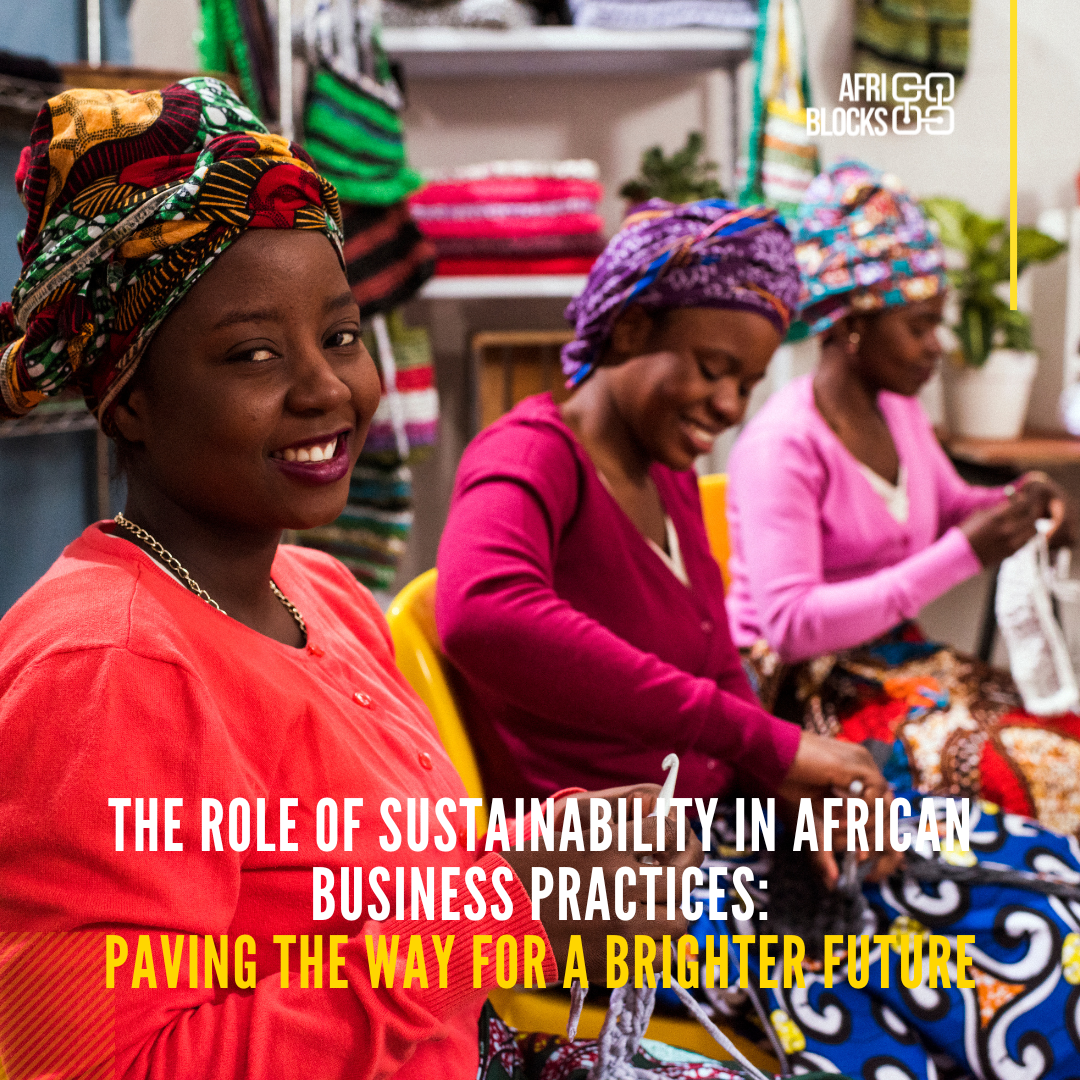
AfriBlocks Network
Africa is the fastest-growing continent in the world and this provides business people with unique opportunities. This, combined with the fact that the continent carries the youngest population, creates room for good business growth. With a population of over 1.7 billion, the continent offers vast and diverse opportunities. However, the risks and challenges of doing business in Africa can be significant. In this article, we will look at the key factors to consider and provide guidance on how to successfully launch and sustain a business in the African market. The themes covered include understanding the African market, breaking down cultural barriers, navigating the unique regulatory framework, and maintaining a competitive edge.
Sustaining a business in Africa
Staying successful in the African market requires businesses to develop a long-term strategy that considers the various macroeconomic, political, and logistical factors. Businesses should focus on cultivating strong relationships with local partners, networking in the right circles, and understanding how to navigate the local economic environment. Additionally, it is important to create and maintain a competitive advantage while also identifying and capitalizing on the latest trends in the African market. Businesses should also be prepared to adapt their strategies in response to changing economic and political climates.
The African business environment differs from the Western world in several ways. As a growing economic zone, businesses may be affected by unfavorable economic conditions, including high inflation, currency devaluation, and market uncertainties associated with political instability. Additionally, the market is heavily reliant on informal activities and micro-enterprises, which provides a different challenge for corporations and other large businesses. Owing to these factors, business owners need to be more creative in order to reap full benefits in the African market.
Areas of opportunity in Africa
There are a variety of business opportunities in Africa, depending on the company’s interests and capabilities. For example, the telecommunications and technology sectors offer a range of opportunities, such as mobile commerce, online payments, digital banking, data and analytics, and e-commerce. Other sectors with high potential include renewable energy, agribusiness, education and healthcare, digital media and entertainment, and tourism and hospitality. Additionally, Africa’s increasing regional integration has opened up opportunities for companies to capitalize on regional and international trade.
Investment in Africa is on the rise due to a variety of reasons, such as an increasing population, the emergence of a new consumer class, an expanding middle class, higher disposable incomes, and rapid urbanization. The last few years have seen record investments being made into various business sectors, including the startup ecosystem. While there is still a lot of room for further growth, advancements in communications and technology have increased access to information and services. Governments and regional bodies across the continent have also made political and economic reforms that have improved the business climate and opened up opportunities for foreign investors
Investing in African businesses can be a great way to capitalize on the region’s economic growth. There is a range of investment opportunities, including venture capital, private equity, and direct investments. Additionally, there are opportunities to invest in local African companies, entrepreneurs, and startups. It is important to research different investment opportunities, considering the associated risk, return, and other factors. Many businesses can benefit from the expertise and resources of international investors. Finally, it is important to understand the local context and regulations when considering investing in African businesses.










